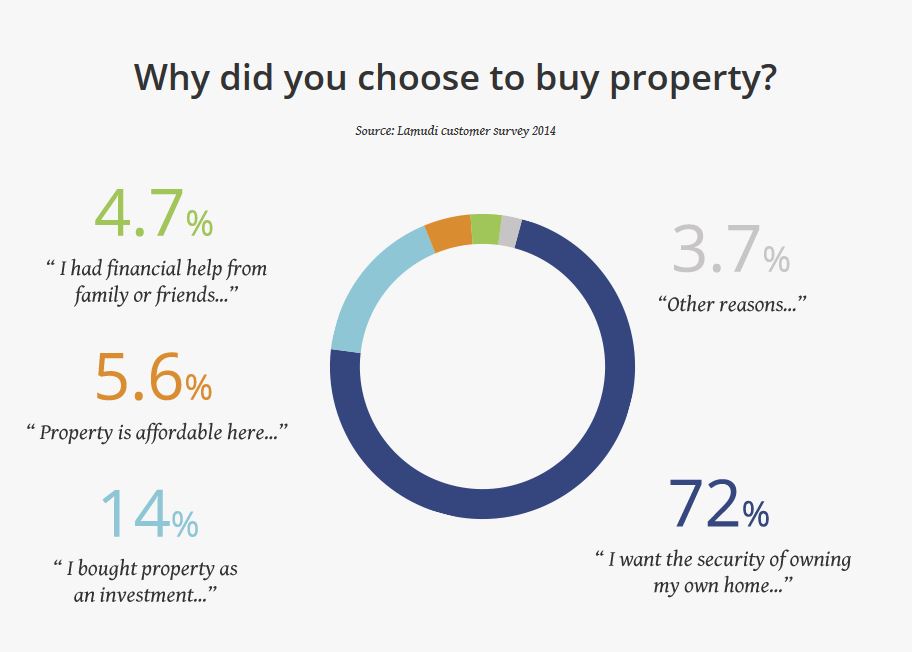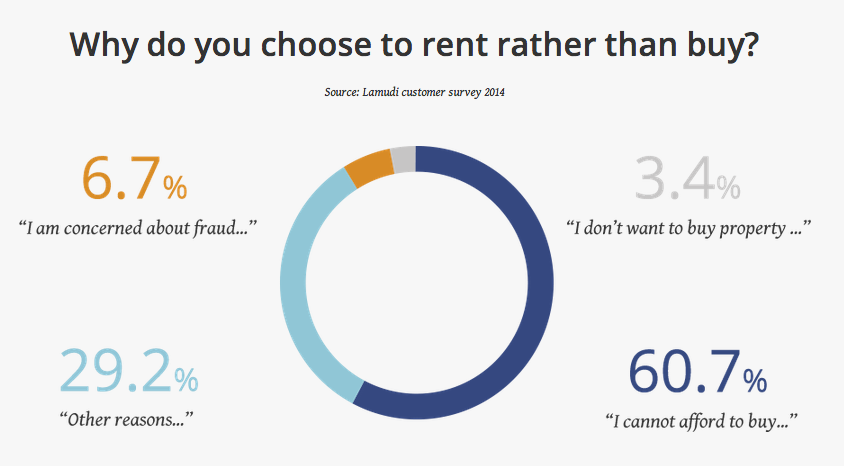Here’s How You Can Spot a Good Real Estate Deal in the Philippines
By Randell Tiongson on October 23rd, 2017Every great investment starts with a great deal. Investors looking to start their real estate portfolio or even a bachelor planning to buy his first condominium unit must learn how to spot a great deal to make sure that their hard-earned money will turn into a valuable investment.
Here are some tips to remember if you want to spot a good real estate deal.
It’s a numbers game.
According to real estate blogger Brandon Turner, property hunters have to understand that snapping up good deals is largely a numbers game. You have to check out tons of listings in a specific area and narrow the leads down according to your preference.
For instance, if you are looking for a good deal in Mandaluyong, try to determine your own pre-qualifications. Should the property be near major throughways? Should it be below PHP 2 million? Should you consider foreclosed properties?
Once you have narrowed your choices, you have to analyze the value of the properties. Which among them do you think would appreciate in a reasonable amount of time and for what reasons?
Location, location, location!
Getting a good real estate deal all boils down to the location of the property. This does not necessarily mean that it should be at the heart of a business district or even along its peripheries. After all, location is also about connectivity and accessibility.
The key is to identify areas where it is easy to travel to and from major places of interest. For example, if you want a property that is accessible from Metro Manila, then you should consider scouring nearby provinces where costs are lower and there are plenty of options.
Always check out deals in these lower-priced markets as they possess potential returns especially when space demands in city centers become too saturated, pushing home seekers to look for alternative locations.
Why it’s wise to invest in foreclosed properties
Great deals may sometimes come in unexpected forms—in this case, in foreclosed properties. According to MyProperty.ph, a foreclosed property is a good money-saving option for its below-market-value price. The reason foreclosed properties have relatively low selling price is that banks are often swift in disposing these assets. You can expect them, therefore, to offer surprising discounts.
There are a few things you need to consider, however, as not all foreclosures are worth the money. First, inspect the condition of the property. Does it need a lot of repairs? Where is it located? Can you flip the property to make it marketable again? Additionally, you also have to know the terms in which the bank would sell the said property.
Try searching social media for leads.
Most people are now on Facebook, so it is easier to connect to potential property buyers. Indeed, some of the greatest deals can already be found via social media. You may not land the perfect deal at first try, but posts by individuals looking to sell their properties or marketing campaigns of real estate listing services would definitely give you an idea where to look further.
Consult listing sites.
There are a lot of listing sites out there that let sellers connect easily to potential property buyers. MyProperty.ph and Lamudi.ph are some of these listing sites that provide property owners with a platform where they can reach their prospective buyers.
Since these listing sites have their own gatekeeping system, the deals posted on the platform are all legitimate. It is a matter now of analyzing the merits and risks of acquiring a particular property viewed on the platform.
Should properties be at their prime condition?
It was already mentioned that when looking for foreclosed properties, the quality of the asset must be checked. In some cases, you might find diamonds in the rough that just need a little bit of flipping to turn into a true gem.
However, there are still considerations to ponder on such as location, accessibility, and price tag. If the slightly debilitated property is in a major city, check if it has an attractive neighborhood. You should also make an effort to see if the location is easily accessible. Regarding the price tag, you would have to discuss with the seller and bargain if you must.
Early birds get the best deals.
If you spot a listing you believe has potential, you better grab it quickly before the demand swells together with the selling price. More often than not, the one who calls and locks in the property first gets the ideal price.
In times when the seller already entertains multiple buyers, you should still act fast. Your offer must meet or even exceed the seller’s expectation of the value of the property for you to emerge victorious.
Do your research.
To land a great deal, it pays to do your assignment. Before looking through listing sites, you have to do your part and get to know the market in general. Learn as much as you can about the current trends and make yourself well-versed with the concepts that surround the market.
Finding a great deal is not a talent—it is just a combination of the knowledge you have of the market, the practical mindset, and the creativity and ability to see things in another perspective.




